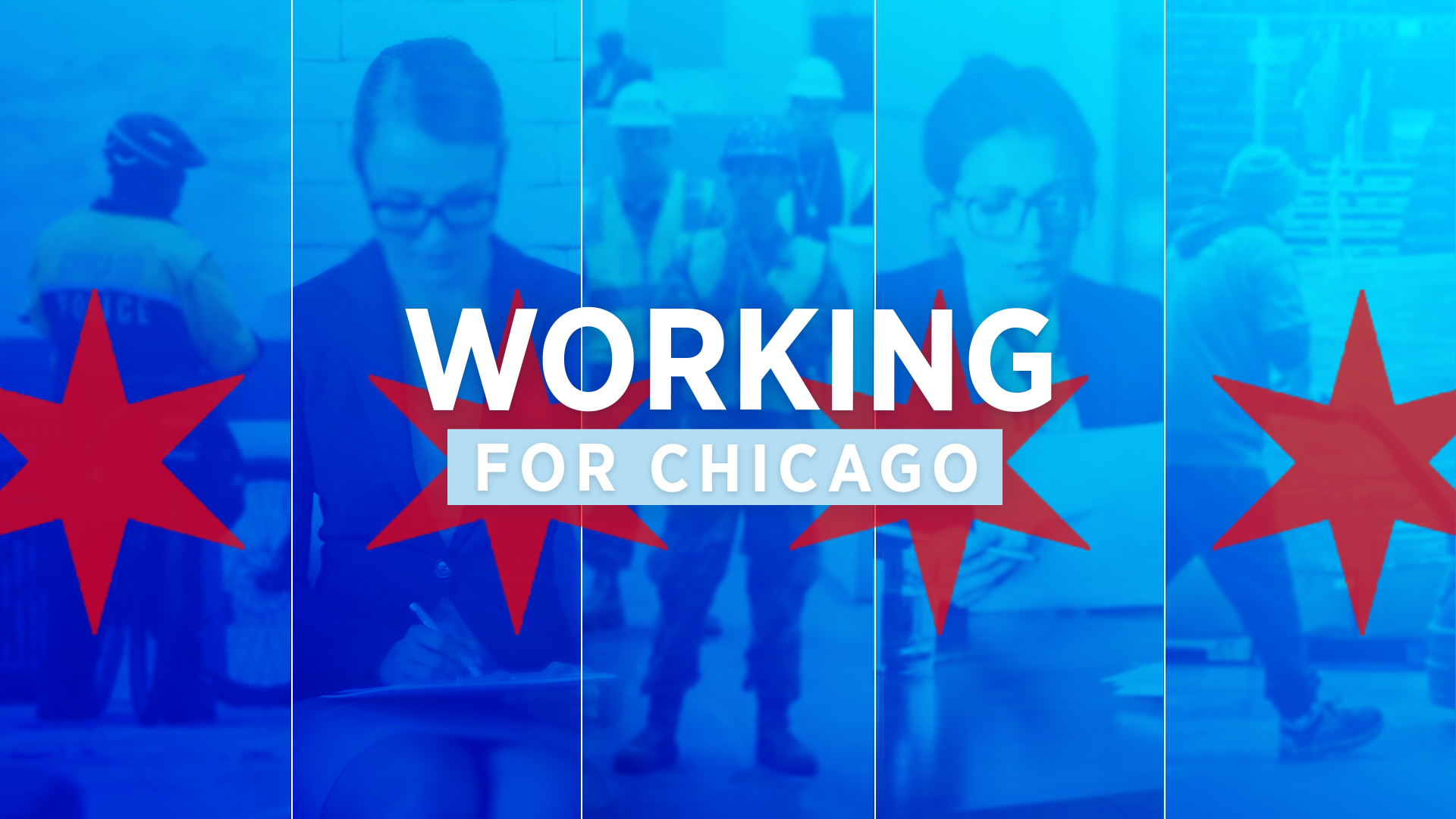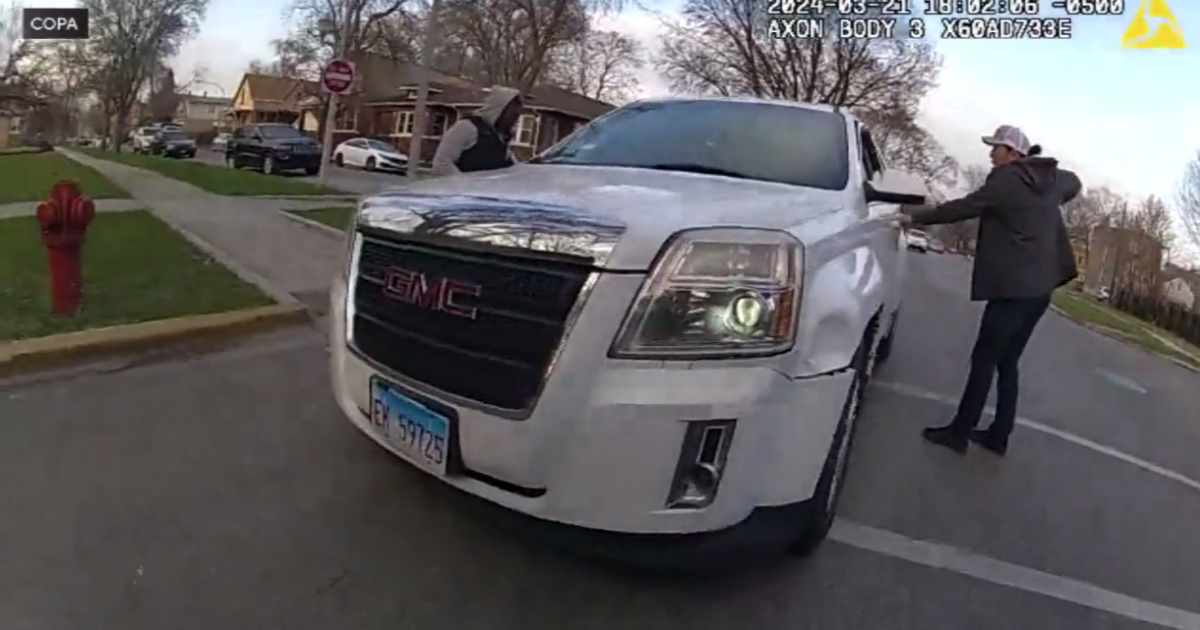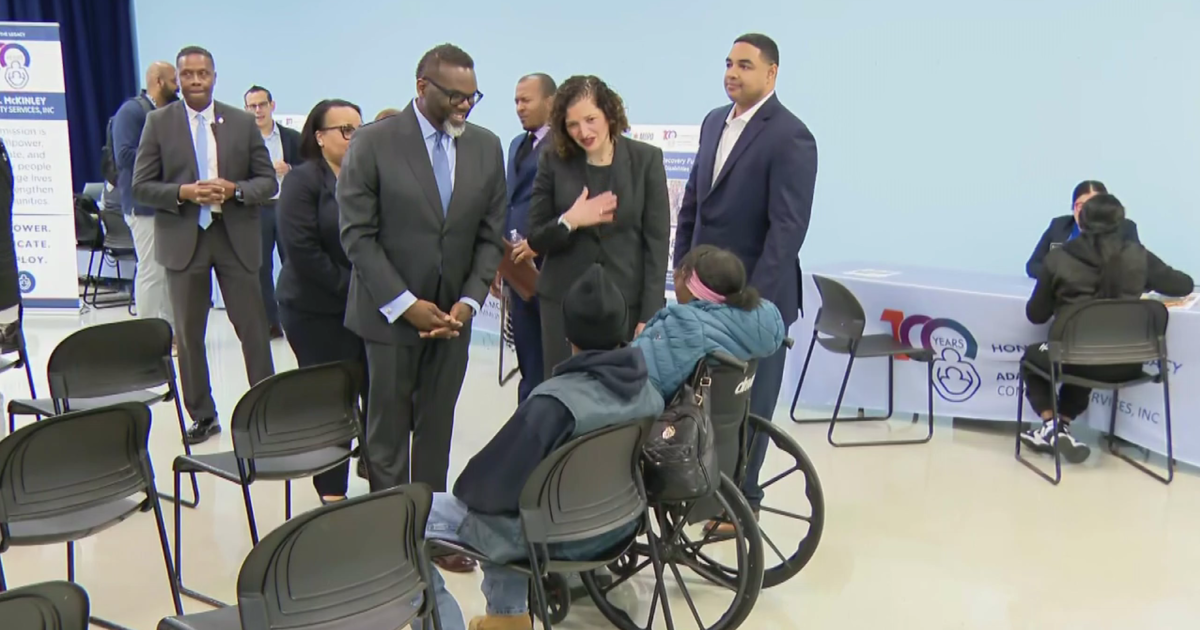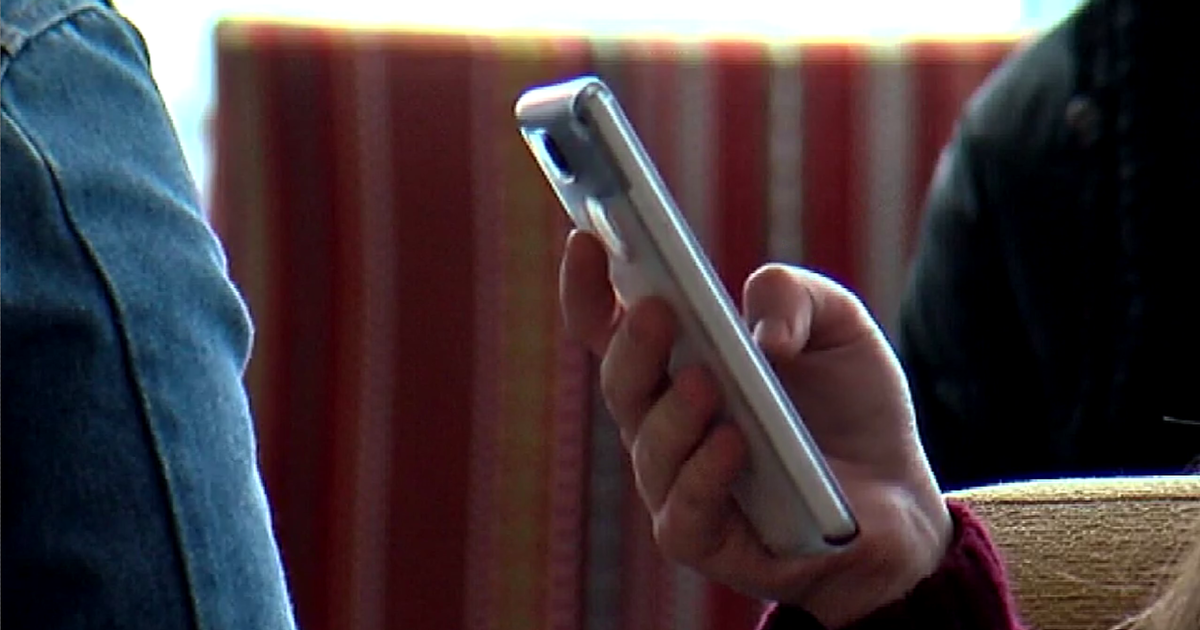Ald. Byron Sigcho-Lopez Calls For Reimbursement For Bars, Restaurants That Had To Pay For Liquor Licenses They Couldn't Use When Shut Down For Pandemic
CHICAGO (CBS) -- So many Chicago restaurants and bars had to shut down during the beginning of the pandemic, but they still had to pay the city for a liquor license.
One alderman wants owners to get some of that money back. As CBS 2's Tara Molina reported Monday, Ald. Byron Sigcho-Lopez (25th) is looking for millions of federal stimulus dollars to pull off this relief.
His proposed city ordinance calls for $40 million of stimulus moneys to reimburse liquor license holders for the amount of time they were shut down and couldn't use their licenses.
[scribd id=499855377 key=key-dhkuOyWfwVS1AJOb3Lwl mode=scroll]
Some of the bar and restaurant owners said even if forgiveness works out to a couple hundred dollars, every dollar helps.
Tony Hu of Lao Sze Chuan – which has multiple Chicago locations – said the theme of the past year is an empty bar.
"Restaurants are suffering," Hu said.
He said they have only done about 10 percent of their usual bar business, at best, every month – and 0 percent during the months they couldn't serve inside at all because of city and state mandates.
"When they shut down? We cannot use," Hu said.
But they still paid for their liquor license like it was a normal year.
Bars and restaurants pay the city $4,400 for two full years for their liquor license upfront. It is money that for many went to waste this past year.
"It's not fair," Hu said.
Meanwhile, Philip Bernstein and The Artisan Center were put out of business by the pandemic after 20 years in the Merchandise Mart. So the two city liquor licenses they paid for upfront like the City of Chicago requires -totaling $8,800 - went to waste last year.
"There's are a number of licensees that went out of business holding those licenses that have no value," Bernstein said.
That is why Hu, Bernstein, and others reached out to Ald. Sigcho-Lopez about relief.
"This would be a step in the right direction," the alderman said.
Sigcho-Lopez said the ordinance he'll introduce this week "intends to bring some relief through an equity formula."
The ordinance marks $40 million in federal stimulus dollars to reimburse Chicago's liquor license holders for lost use of their license due to forced shutdowns or capacity restrictions starting March 15, 2020.
We're told businesses would apply online and be reimbursed based on the number of days they were closed or at limited capacity.
"This is the start of the conversation about what else we can to bring incentives and support to small businesses," Sigcho-Lopez said.
Hu told us even if those reimbursements tallied in the hundreds, they would still make a difference to the city's license holders.
"Every dollar helps," he said.
Sigcho-Lopez said a number of aldermen have already signed onto the ordinance – including: Ald. Daniel LaSpata (1st), Ald. Raymond Lopez (15th), Ald. Michael Rodriguez (22nd), Ald. Felix Cardona (31st), Ald. Rossana Rodriguez Sanchez (33rd), Ald. Andre Vasquez (40th), Ald. Anthony Napolitano (41st), Ald. Matt Martin (47th), and Ald. Maria Hadden (49th).
In response to the proposed ordinance, the city's Department of Business Affairs and Consumer Protection said it has not required liquor license holders to pay any license fees during the pandemic.
"Throughout the COVD-19 pandemic, the City of Chicago has worked closely with aldermen to ensure safe business operations while delivering financial support and regulatory relief to thousands of businesses that continue to be impacted by the pandemic. That work is not over, and while we are still reviewing this ordinance, we remain committed to doing everything possible to support businesses in a fair, straightforward and comprehensive way."
The department said the city has extended all business licenses three times during the pandemic – so that any license expired or will expire between March 15, 2020 and June 15 of this year will not have to be renewed or have a fee associated with it until July 15 of this year.
BACP also touted its outdoor dining program and efforts to make it easier to get a sidewalk café permit, as well as over $100 million in loans and grants to support businesses, as efforts the city has made to help struggling bars and restaurants.
This isn't the first proposal to recoup money like this. Months ago, California bar and restaurant owners filed a class-action lawsuit against the state to get the money they spent on fees while shut down.
Lawsuits were first filed in San Diego, Orange, San Francisco, Sacramento, and Los Angeles counties in California, with other counties joining in later.
In a past news release announcing a lawsuit in San Diego, Brian Kabateck with the Los Angeles law firm Kabateck LLP said owners adjusted their operations to comply with rules that banned all in-person dining, and called it "offensive and tone-deaf" for the entities that enforce the rules to charge the restaurants for fees and licenses they could not use.
"For more than 10 months, restaurants have modified business operations, reduced hours, and, far too often, temporarily or permanently closed down. Still, restaurateurs are expected to pay burdensome state and local fees as if they were not forced to shut down or eliminate in-person dining," Jot Condie, president and chief executive officer of the California Restaurant Association, said in the release.
In a statement Monday on the California legal action, Kabateck said so far, officials in some counties mentioned are considering the reimbursement of some of those fees:
"Our investigation months ago revealed that both counties and the state of California were refusing to refund permit fees to restaurants. These restaurants paid their permit fees to operate a restaurant and then the state and county shut their restaurant down. We filed class-action lawsuits in several California counties to both refund the fees and provide some financial relief for struggling restaurant owners. This is about recouping state and local fees collected in 2020 after the government ordered the restaurants to shut down or drastically reduce operations because of COVID-19. Some public entities have shown a willingness to consider some reimbursement of fees which is a positive sign."

CBS 2 is committing to Working For Chicago, connecting you every day with the information you or a loved one might need about the jobs market, and helping you remove roadblocks to getting back to work.
We'll keep uncovering information every day to help this community get back to work, until the job crisis passes. CBS 2 has several helpful items right here on our website, including a look at specific companies that are hiring, and information from the state about the best way to get through to file for unemployment benefits in the meantime.
[wufoo username="cbslocalcorp" formhash="xkrloiw0xj564i" autoresize="true" height="685" header="show" ssl="true"]



